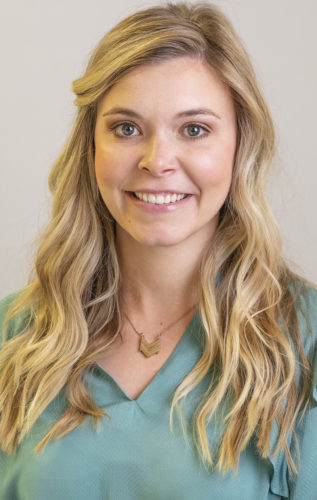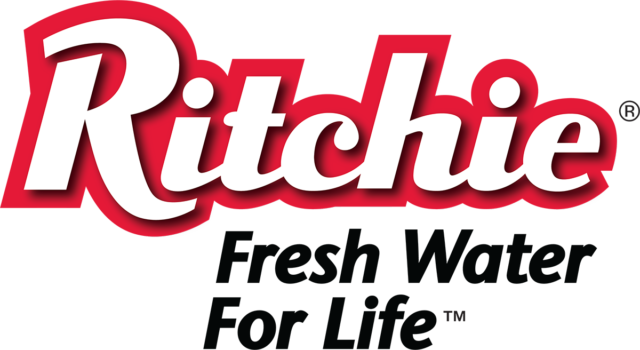You’ve all heard it: Today’s consumer is at least three generations removed from agriculture, and their only connection with animals is to Benji in the backyard. They want to know where their food comes from, how it was raised and if it will meet their health goals.
I’ll admit I am tired of the topic popping up on conference agendas, and I think most producers are too. But despite its repetitiveness, it’s a topic the industry needs to put into high gear.
In my short career, I have had a couple of instances where ranches have chosen to stay out of the spotlight. These ranches were BQA-certified and practiced top-notch stockmanship. But just like a heifer zapped by a hot wire, they were cautious and cognizant about how their story would be used. My guess is they simply had been burned one too many times.
Now, I don’t share this to criticize these outfits – I can’t say I wouldn’t do the same if I were in their boots, but rather to spur some thought and hopefully some action.
At the Texas Southwestern Cattle Raisers Convention in March, Collin Woodall and Alissa Harrison of the NCBA shared some changes happening in Congress as well as consumer trends that could impact the beef industry. One of which is Democratic politician Alexandria Ocasio-Cortez.
Something interesting about Cortez is that she isn’t your typical “run of the mill” politician. No, she began as a bartender and worked her way up as what Woodall claimed just might be one of the most influential, well-known members of Congress right now. How has she done that? Through her following on social media.
Every tweet, people read. Every comment, people listen. She has a lot of support, and her support is growing, Woodall said. Her talking point on “cow farts,” when introducing the Green New Deal, didn’t sit well with beef producers, and it’s these kinds of comments that are everywhere on social media.
My point: If we don’t share the good, surely someone will share the bad.
As Harrison told producers, “We’ve got a great story to tell.” We really do.
What else can use unfarmable land and convert it into high-quality protein? What other industries can say they produce the same amount of product as in 1977 but with one-third fewer animals? Not to mention, all the byproducts we gain from beef production.
You know your business more than anyone else. You know why you choose to use implants, you know why you wean the calves, and you know why you vaccinate. Not everyone is going to agree with what you do; but like a distrustful horse with a little bit of grain and a whole lot of patience, barriers can be broken, and progress can be made.
So next time you’re tempted to lay low, just ask yourself: Who would you rather tell our beef story – you or the blogger in the city? Because someone will. ![]()

-
Cassidy Woolsey
- Editor
- Progressive Cattleman
- Email Cassidy Woolsey









